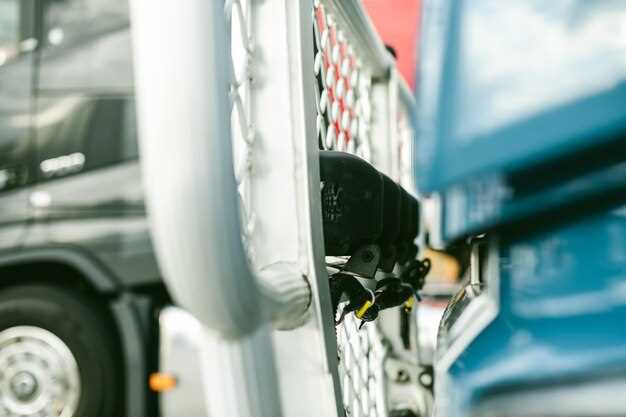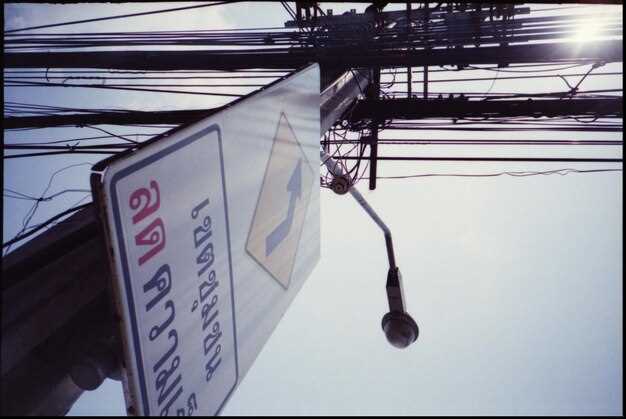
Utility trailers are essential tools for transporting various items, making them invaluable for both personal and commercial use. However, like any other vehicle, utility trailers can encounter electrical issues that can disrupt their functionality. One of the most critical aspects of a trailer’s operation is its wiring. Understanding the common electrical problems associated with utility trailers can help owners troubleshoot issues and maintain proper performance.
Electrical problems in utility trailers can arise from a range of sources, including poor connections, damaged wires, and faulty lighting systems. These issues can lead to inadequate power supply, malfunctioning lights, or even hazardous situations on the road. Regular inspections of the wiring system are essential to prevent these problems from escalating and affecting the trailer’s usability.
In this article, we will explore the most frequent electrical problems encountered with utility trailers, guiding you through identification, troubleshooting, and potential solutions. By being proactive about maintaining your trailer’s wiring and addressing issues promptly, you can ensure safety and reliability on every journey.
Troubleshooting Trailer Light Failures

When experiencing trailer light failures, the first step is to verify the wiring connections. Start by inspecting the trailer’s wiring harness for any signs of damage, corrosion, or loose connections that could interrupt the flow of electricity. Pay particular attention to the ground connection, as a poor ground can lead to intermittent light failures.
Next, test the vehicle’s plug that connects to the trailer. Ensure that all pins are clean and free of corrosion. A multimeter can be useful to check for voltage at the plug when the vehicle’s lights are activated. If no power is detected, the issue may lie within the vehicle’s electrical system.
After confirming that the vehicle is functioning properly, check each light on the trailer individually. If a light fails, replacing the bulb is a straightforward solution; however, ensure that the socket is also in good condition. A burnt socket can cause recurring bulb failures.
If all bulbs and sockets are operational, inspect the wiring throughout the trailer. Look for any frayed or broken wires that could compromise the circuit. Pay special attention to areas where the wires may be pinched or exposed to moisture, as these conditions can lead to short circuits.
Lastly, consider using a wiring diagram specific to your trailer model for a systematic approach. This will help you trace the wiring paths and confirm that all connections adhere to the manufacturer’s specifications. Systematic troubleshooting is key to resolving light failures efficiently.
Common Issues with Trailer Wiring Connections
Trailer wiring connections are crucial for ensuring that lights function properly while towing. Poor connections often lead to malfunctioning lights, which can pose safety risks on the road. One of the most common issues is corrosion at the connection points, which can diminish the conductivity and result in flickering or non-working lights.
Another frequent problem is loose connections. Over time, connections can become loose due to vibration and movement while driving. This may cause intermittent functionality, where lights may work sporadically or fail altogether. It’s essential to check that all wiring is securely connected and to use appropriate connectors that provide a snug fit.
Additionally, damaged wiring can also lead to lighting issues. Cuts, abrasions, or frays in the wiring harness can cause a circuit break, preventing the lights from receiving power. Regular inspections of the wiring should be conducted to catch such issues early and avoid further complications.
Furthermore, mismatched wiring colors can result in incorrect connections, leading to a failure in light operation. It’s important to ensure that the trailer’s wiring color codes align with the towing vehicle’s wiring system. If incorrect connections are made, the lights may not function as intended, posing a danger on the road.
Lastly, inadequate grounds can create a significant problem. A poor ground connection can lead to erratic light operation or no lights at all. Ensuring that the ground wire is properly connected to a clean, bare metal surface on the trailer is vital for effective electrical flow.
Upgrading and Maintaining Trailer Electrical Systems

Ensuring the reliability of your utility trailer’s electrical system is essential for safe and efficient operation. Upgrading and maintaining these systems involves a few critical steps, particularly focusing on lights and wiring.
Start by inspecting the wiring harness for any signs of wear, damage, or corrosion. Over time, exposure to the elements can deteriorate connections, leading to electrical failures. Replacing old or damaged wiring with high-quality, weather-resistant materials is vital for maintaining a robust system.
When upgrading your lights, consider switching to LED options. LED lights consume less power and have a longer lifespan compared to traditional incandescent bulbs. This upgrade not only enhances visibility but also reduces the load on the electrical system.
Ensure that all wiring connections are secure and free of corrosion. Utilize dielectric grease on connections to create a moisture barrier that helps prevent future issues. Regularly check the ground connections, as poor grounding can lead to flickering or non-functional lights.
Lastly, maintain a routine inspection schedule for your electrical system. This includes testing all lights and circuits to confirm they operate correctly. By prioritizing these maintenance practices, you can enhance the performance and safety of your trailer’s electrical system.





